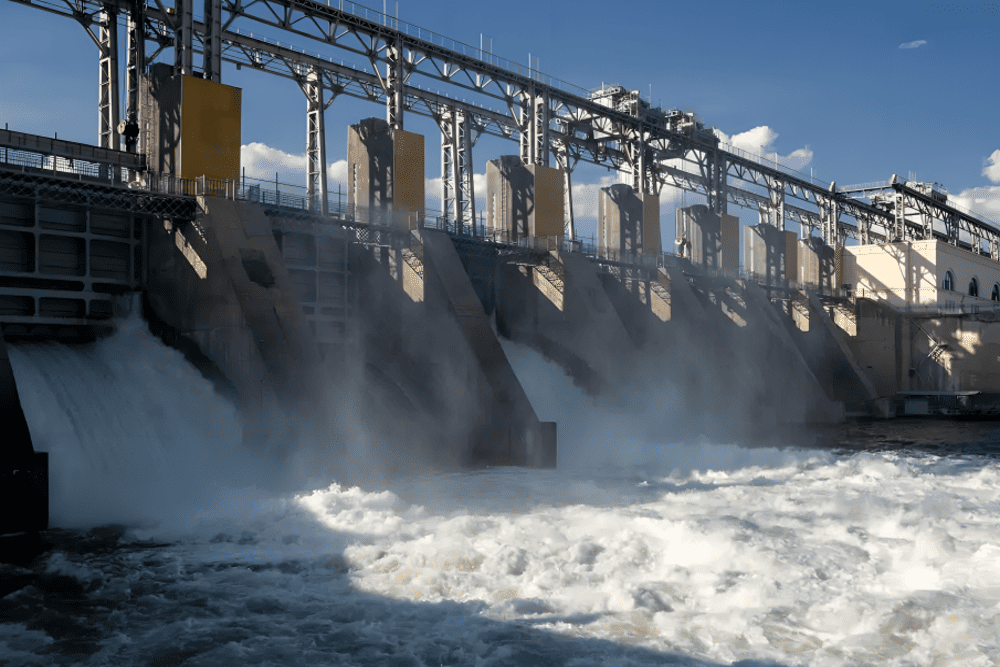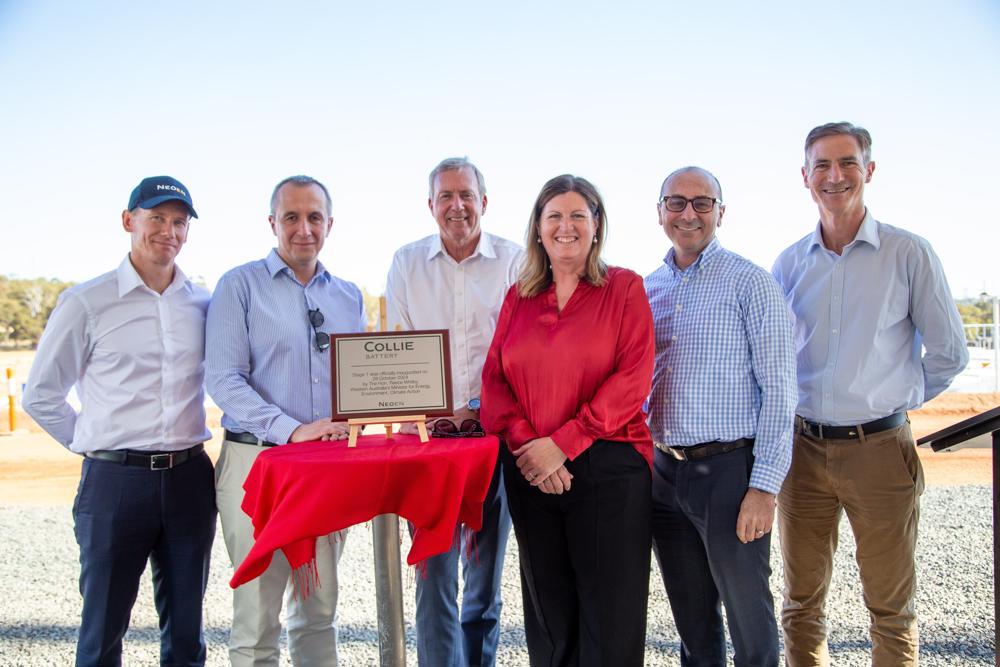
Australians overwhelmingly support the nation’s transition to clean energy, recognising its potential for economic growth and job creation.
However, concerns about affordability, reliability, and understanding of clean energy persist, particularly among older generations, according to the latest GHD CROSSROADS report.
The report reveals that 64 per cent of Australians believe the switch to clean energy will open up new industries and create jobs in their communities.
This optimism is particularly strong among younger generations, with 73 per cent of Gen Z and 72 per cent of Millennials expressing positive views, compared to 59 per cent of Gen X and 55 per cent of Baby Boomers.
Sarah FitzGerald, GHD’s Global Program Lead — Future Energy, emphasises the importance of this transition: “Clean energy isn’t just a necessity; it’s a platform for economic growth, job creation, and a resilient future.”
Despite the overall positive outlook, the report highlights several concerns:
- 64 per cent of Australians worry about the affordability and reliability of future clean energy.
- Only 59 per cent believe the country is heading in the right direction with its energy transition, ranking Australians among the most pessimistic of the 10 countries surveyed.
- 64 per cent of Australians claim to understand the changes required for a clean energy future, one of the lowest percentages among surveyed countries.
The survey reveals a strong demand for greater investment and support:
- 72 per cent agree that the energy industry should do more to build a cleaner energy future locally.
- 70 per cent believe government financial support is essential to accelerate the adoption of clean energy technology.
- 74 per cent agree that more should be done to educate communities about the importance of clean energy.
Despite challenges, FitzGerald remains optimistic about Australia’s potential: “Australia is uniquely positioned to lead the global clean energy transition. We have abundant sunshine, available land, skilled workers and a stable and committed government.”
The report underscores the need for improved education and community engagement to ensure Australians feel informed and empowered to participate in the energy transition.
While 75 per cent of Australians claim to practice eco-friendly habits, this is the lowest percentage among the surveyed countries, indicating room for improvement in motivating deeper engagement with the energy transition.
As Australia navigates this critical transition, addressing concerns about costs and reliability while harnessing the potential for job creation and economic growth will be crucial for success in the future of clean energy.










